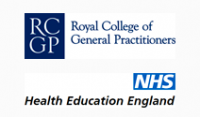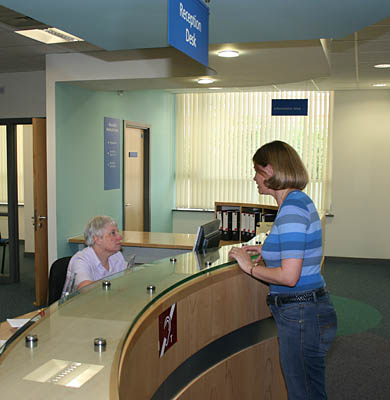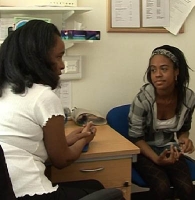The Cervical Screening Programme course for GPs



This session describes the details of the UK NHS cervical screening programmes and the importance of encouraging attendance for screening. It covers how to take a cervical screening test, manage the results in the UK context and ensure that women are not lost to the system. This session was reviewed by Afsana Bhuiya and last updated on 22/2/2013.
Learning Objectives
By the end of this session you will be able to:
- Describe why it is important to encourage women to attend for cervical screening
- Demonstrate a good knowledge of the key aspects of the NHS cervical screening programme
- Describe when to refer a patient with cervical screening test abnormalities and how to deal with symptomatic women
- Describe what is involved in secondary-care management
- Carry out the procedure to take a cervical screening sample
Cervical screening coverage has been falling since 2000. The reductions are particularly noticeable in women aged under 40.
Before commencing this session you should:
- Complete the preceding introductory sessions in the Sexual Health module
- Complete the cervical cancer and HPV session in the Sexual Health module
Philippa Pearmain has been the Deputy Regional Director of Cervical Screening Quality Assurance since 1998. Her role is to manage the day to day operation of the West Midlands Cervical Screening Quality Assurance Reference Centre (QARC). The QARC is responsible for monitoring the quality of all aspects of the NHS Cervical Screening Programmes carried out within the West Midlands strategic health authority area. This includes the collation, analysis and dissemination of nationally and regionally required cervical screening performance data from Primary Care Trusts (PCTs), laboratories and colposcopy clinics, developing and implementing policies and guidance in response to changes in national policy, organising formal visits to assess the performance of local cervical screening programmes, devising and undertaking regional and local audits, providing support in the event of potential and confirmed cervical screening incidents and providing educational opportunities for cervical screening staff throughout the region via the organisation of regional meetings and conferences. Philippa is particularly interested in primary care cervical screening issues. As a result, a comprehensive series of cervical screening fact sheets and a general practice/sample taker self assessment tool have been developed and provided to all general practices within the region. Philippa is actively involved in the training of new and existing cervical sample takers around the region and is also involved in the delivery the cervical screening module of Warwick University’s postgraduate award in sexual health.

- Business Management course for GPs
- Posted By eIntegrity Healthcare e-Learning
- Posted Date: 2024-11-18
- Location:Online
- This session examines how plans for services are made within an organisation. It introduces the busi...
- Financial Costs and Pressures course for GPs
- Posted By eIntegrity Healthcare e-Learning
- Posted Date: 2024-11-18
- Location:Online
- This session examines how resources are managed within financial constraints. It introduces basic fi...
- Providing Care Efficiently course for GPs
- Posted By eIntegrity Healthcare e-Learning
- Posted Date: 2024-11-18
- Location:Online
- This session examines ways in which clinical services and leadership can be delivered with greater e...
- NHS Structure and Healthcare Organisations course ...
- Posted By eIntegrity Healthcare e-Learning
- Posted Date: 2024-11-18
- Location:Online
- This session provides an overview of the National Health Service (NHS) in England as an organisation...
- Ethics and Equity in Planning Services course for ...
- Posted By eIntegrity Healthcare e-Learning
- Posted Date: 2024-11-18
- Location:Online
- This session will explore ethical and equity issues relating to the planning of services, such as eq...






